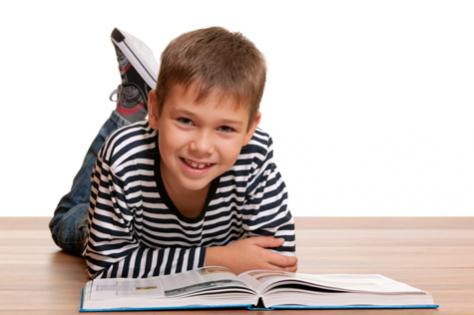School holidays have begun for some, or are very close to beginning, for most.
I have a very mixed class where I teach in terms of the socio-economic backgrounds of the students. Some children go away almost every holidays. It might be to somewhere chasing fun; it might be to a larger city elsewhere in Australia; and I guess we all know 8-year-olds who are seasoned international travellers. There are some children who have a family holiday once a year but who have activities lined-up for the other holidays, such as a soccer camp or dance classes. And then there are the children who experience none of this.
Asking kids in the third group of circumstances to return to class the next term and talk about ‘what I did on holidays’ can be excruciatingly embarrassing and maybe even painful. Instead, I ask each of the children in my class to read a book of their choice while on holiday and return to class to tell us ‘what I read on holidays’.
Not only does it focus children’s attention on a common holiday experience, but it also helps their literacy development without them realising it.
Reading a book is their only school project on holiday. They know they must prepare to share their reading experience with the rest of the class via a 2-minute ‘show and tell’ type presentation when they return. I also do the same thing, so I share my holiday experience with them.
Even if your child doesn’t have a similar activity over the holidays, how can you encourage reading for fun and support your child’s literacy development? Here are five suggestions.
1. If you’re not going away, make your local library or bookstore a home base for some adventure. Many of them have special holiday programs that involve story time, drama classes or related activity.
2. Kids love technology. There are lots of educational apps that encourage reading, plus Apple’s iTunes, Google Play and Amazon all offer free book downloads. E-readers are especially good to use while traveling.
3. If your kids see the way you value reading, so will they. If they see you on your iPhone and laptop all day long, then they will most likely want to do the same. Children who are naturally drawn to reading very often have parents who read also.
4. Encourage children to read from all different sources, including newspapers, magazine, books, and even online sources as well.
5. Do what I do for the class - but within your own household. Every member of the household must read a book during the holidays and share it with the rest of the family at the end of the holidays. It doesn't matter what the ages of your children are; this can work for primary school children as well as teenagers. If you're fortunate to have a set of grandparents nearby, enlist them as well.
Happy reading!
* * *
Next week, Motherpedia will publish its biannual list of recommended reads for kids and mums (including what Kylie has chosen as her book for the holidays!).








 Agree (0)
Agree (0) Disagree (
Disagree (











__small.png)










